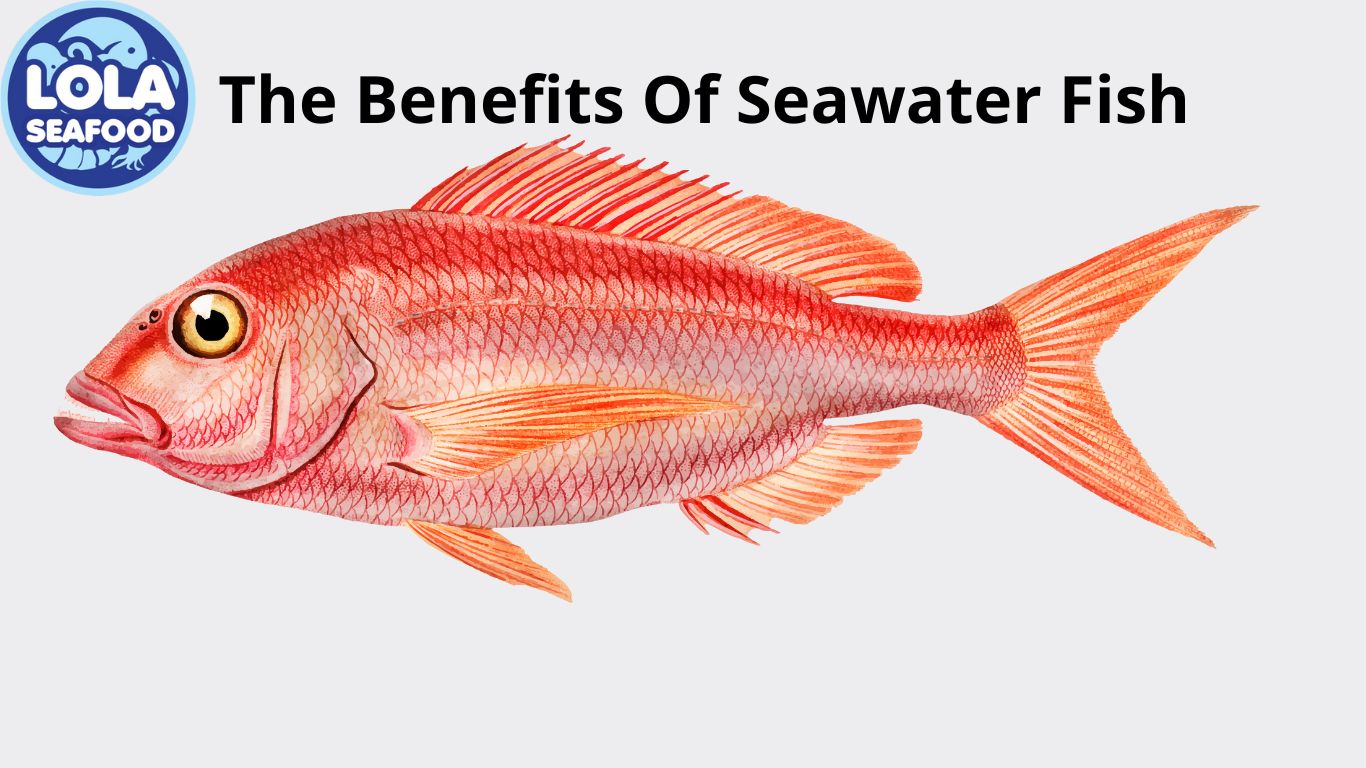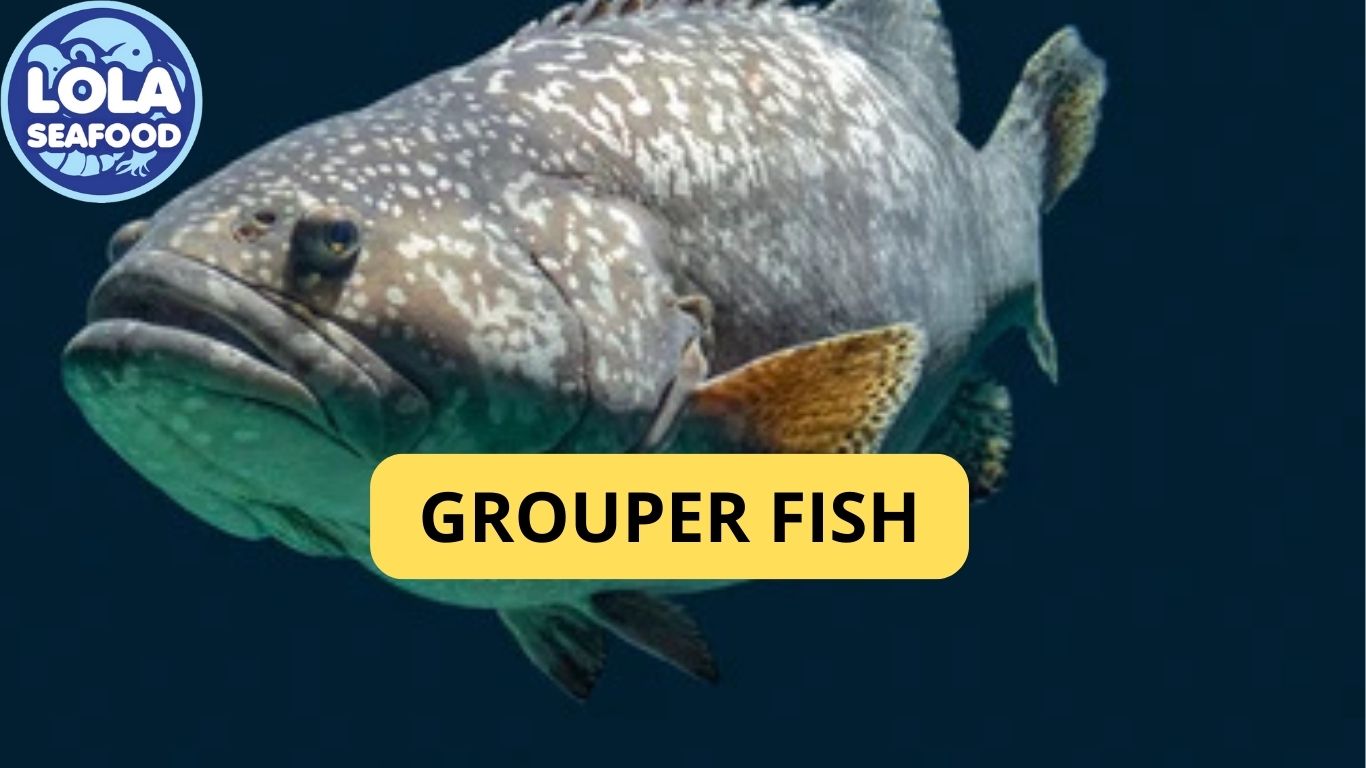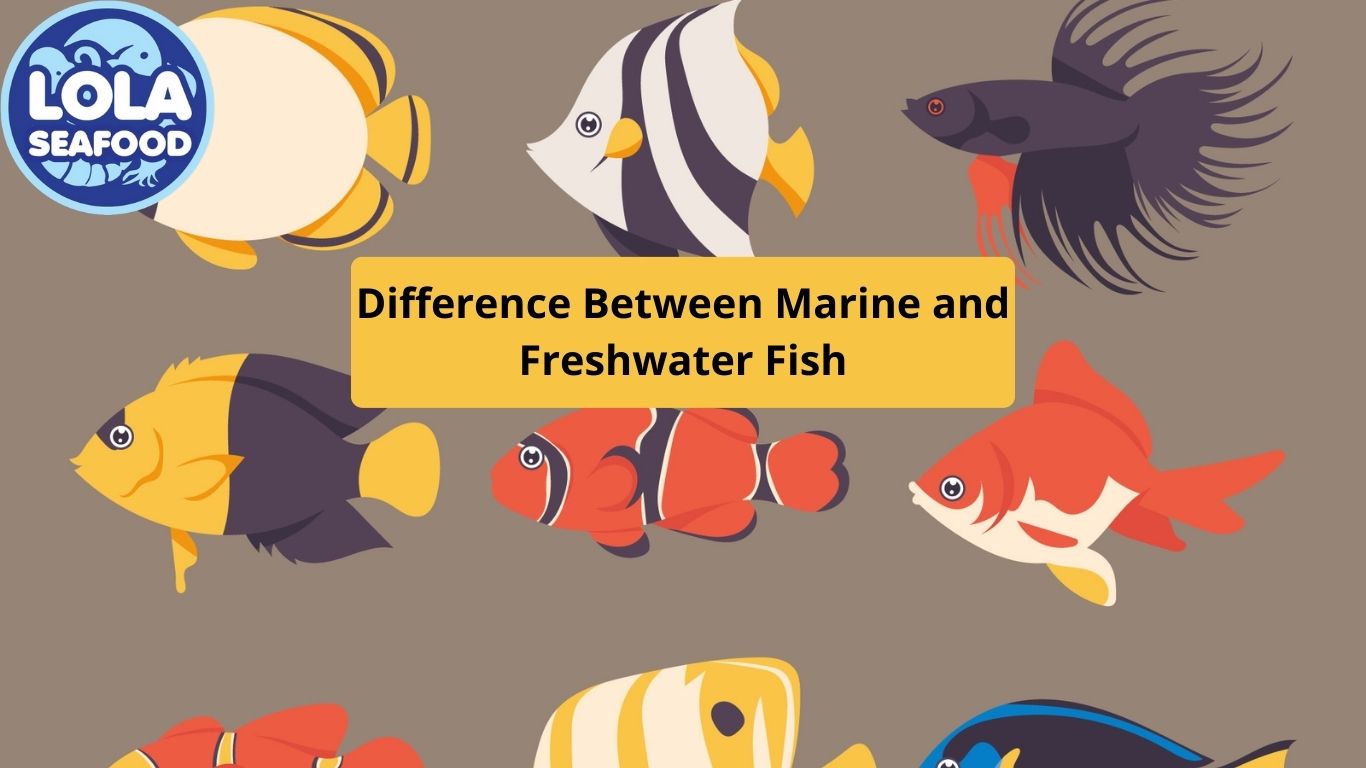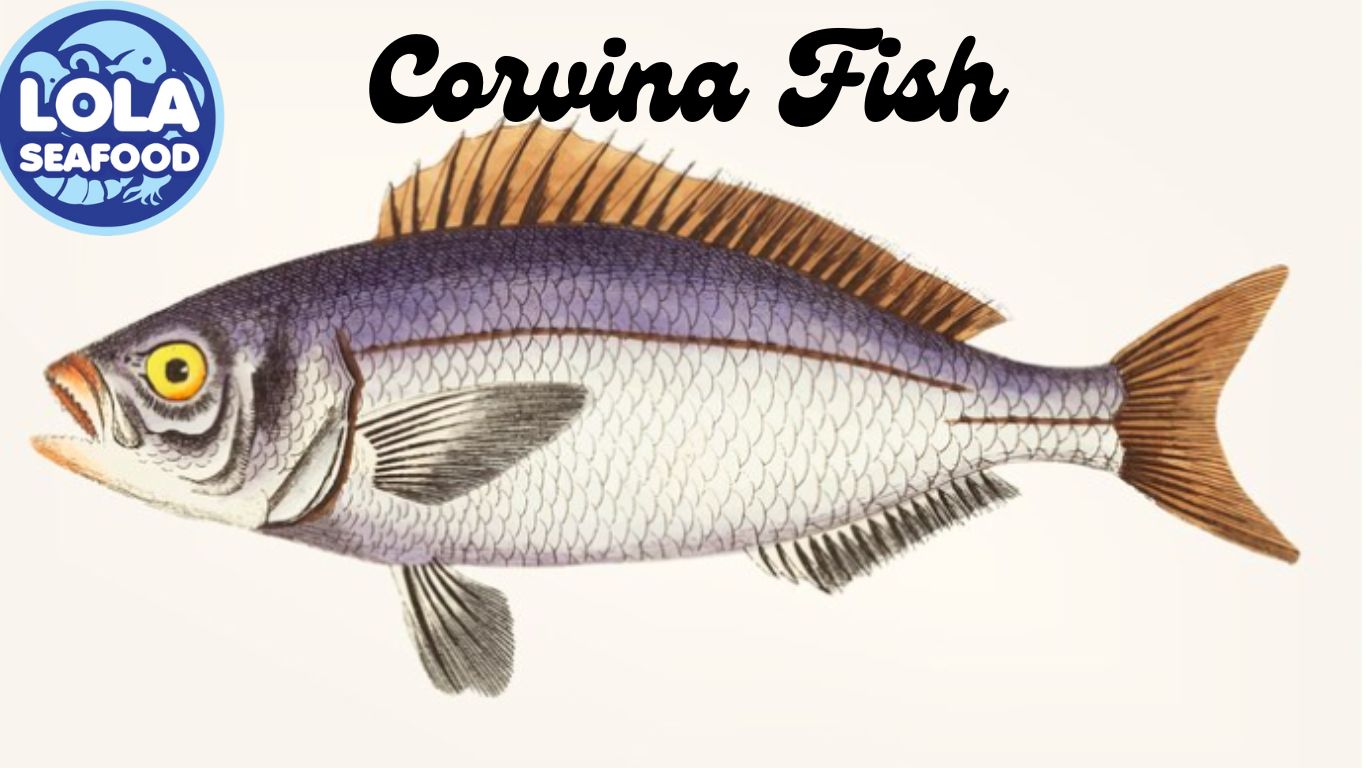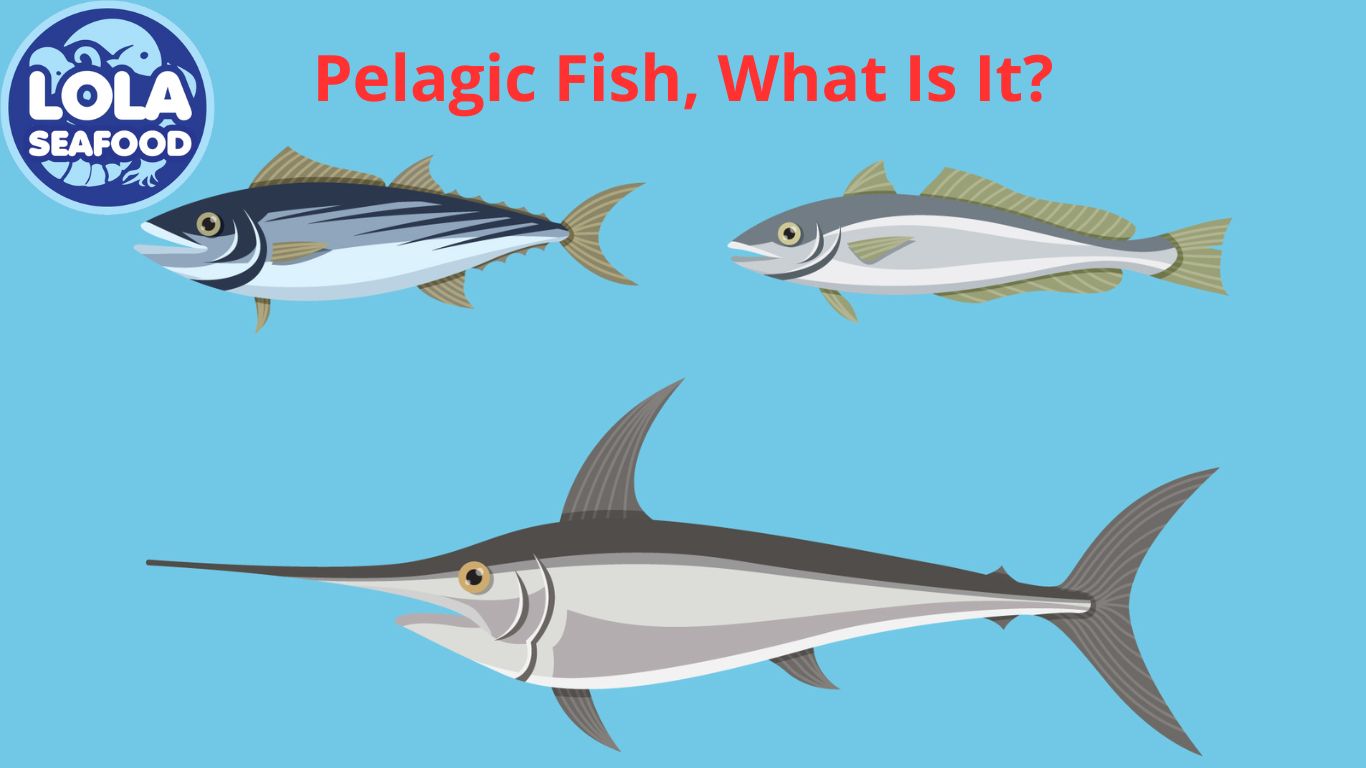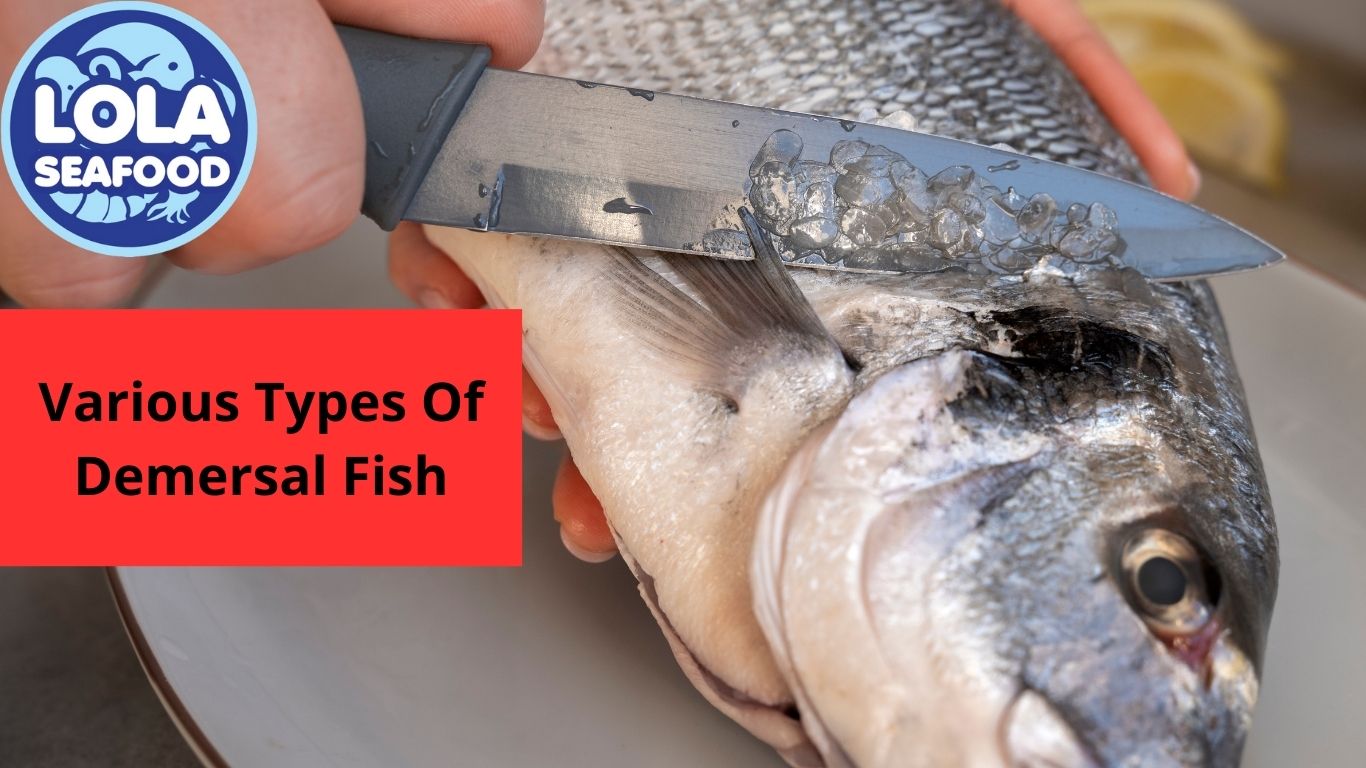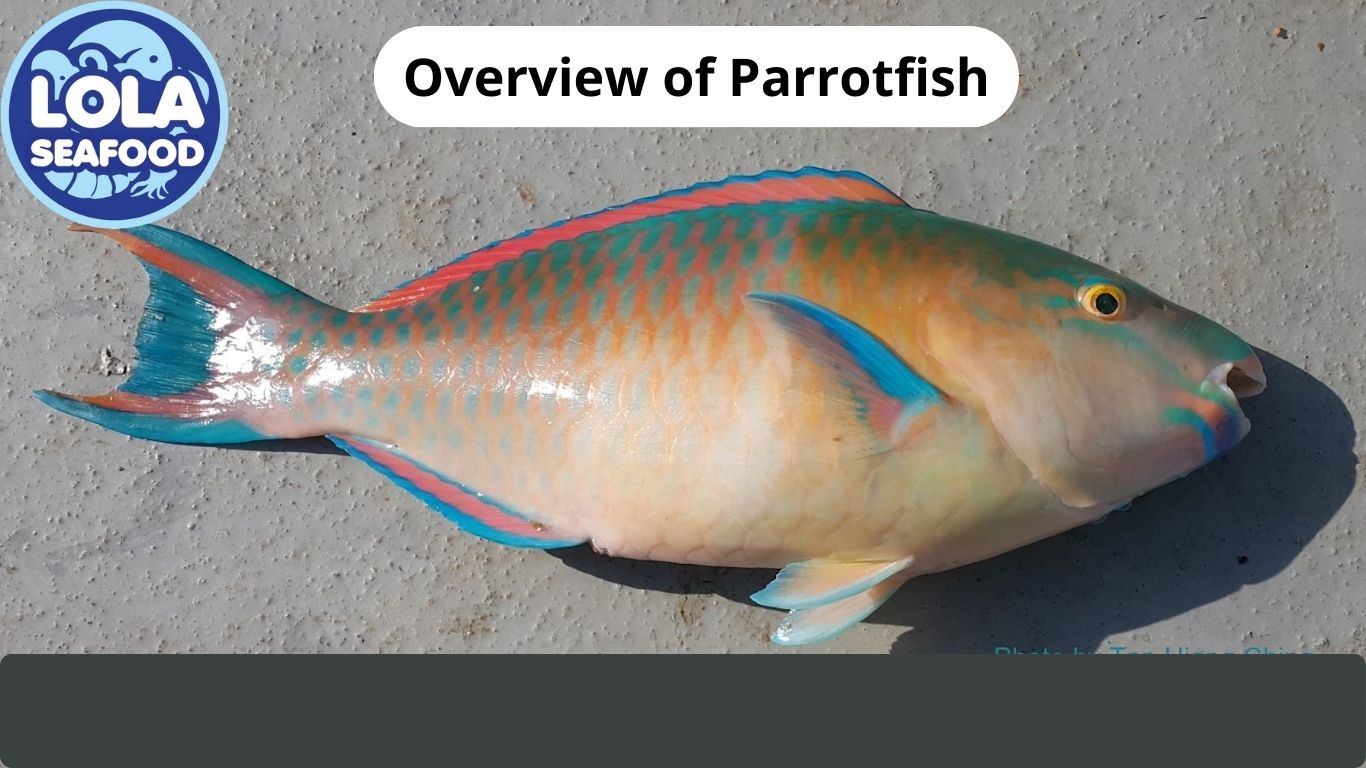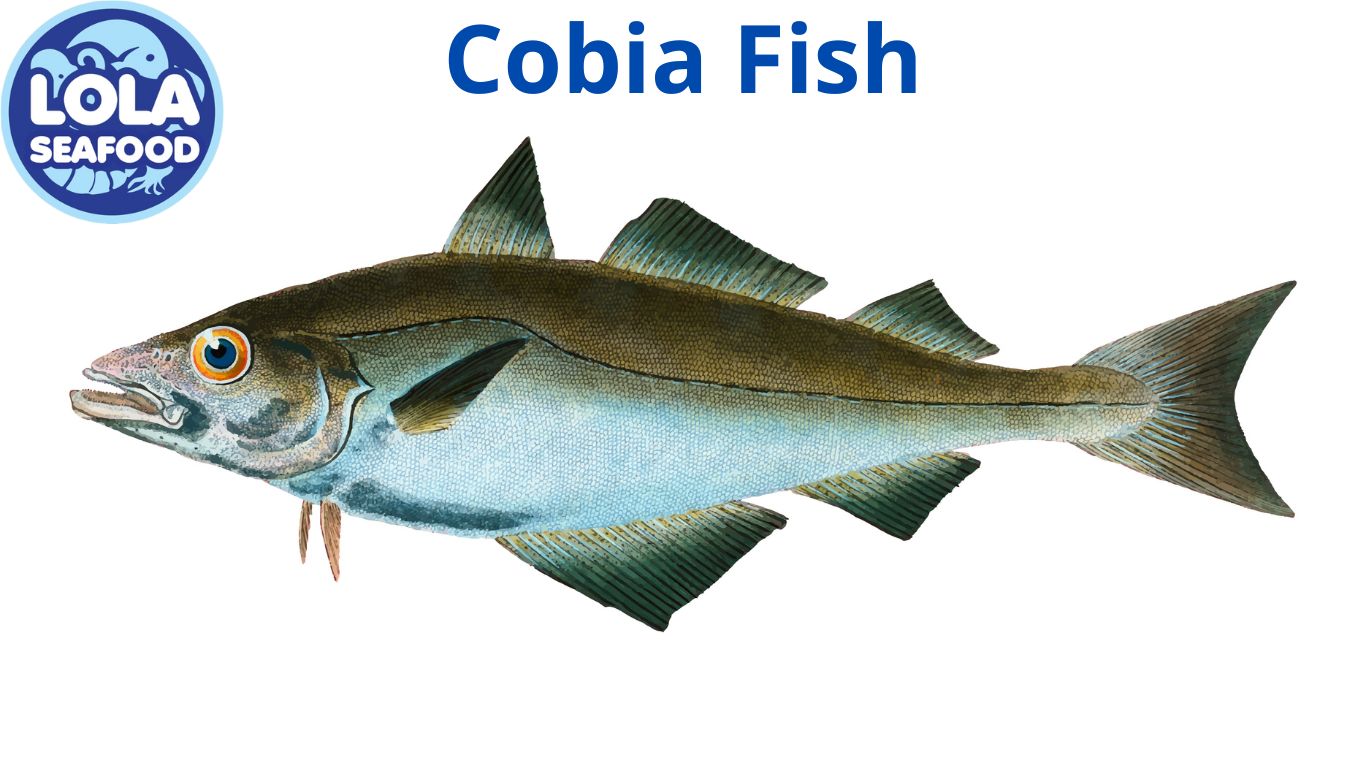Tuna’s Ecological Role to Protect Marine Ecosystems
By. Nevanda - 13 Sep 2023
kelolalaut.com - In the vast, unreachable depths of the ocean, tuna play a central role in saving life on the seafloor. They are powerful apex predators, traveling across the ocean with speed and agility and forming a vital part of the balance of marine ecosystems. As a top predator, tuna have an undeniable ecological impact, affecting ecosystems and other marine organisms. In this article, we will explore the irreplaceable role of tuna in ocean ecology, revealing the story of how they contribute to the sustainability of marine life.
The ecological role of tuna is critical in marine ecosystems around the world. Tuna are apex predators in the marine food chain and have a significant impact on the structure and balance of marine ecosystems. Here are some of the important ecological roles of tuna:
Read also: How To Store Smoked Fish Properly
1. Top Predator
Tuna are the top predators in the marine ecosystem and feed on a wide variety of fish, squid, and other small marine creatures. They play an important role in controlling the population of the species they eat, thus maintaining the balance of the ecosystem in their waters.
2. Nutrient Dispersal
When tuna prey on fish and other sea creatures, they also take nutrients from their prey. As they move around in the ocean, they carry these nutrients to different locations, affecting the circulation of nutrients in the marine ecosystem.
3. Controlling Prey Populations
By being a top predator, tuna help control populations of fish and other marine creatures. This prevents over-predation by certain prey species that can disrupt the balance of the ecosystem.
Read also: Exploring the World of Perfectly Smoked Fish
4. Migratory Movements
Tuna is a species that migrates long distances in search of food and breeding grounds. These movements help circulate nutrients and energy throughout the ocean, contributing to the global balance of marine ecosystems.
5. Biodiversity
While tuna are the main predator, they also fall prey to other marine animals, such as sharks and dolphins. This helps maintain biodiversity in the marine ecosystem by establishing complex ecological relationships.
It is important to note that overexploitation of tuna can have a negative impact on marine ecosystems. Sustainable fishing practices and wise management are essential to maintain the balanced ecological role of tuna in marine ecosystems and sustain their populations.
Read also: Get To Know About 12 Fun Facts of Octopus
